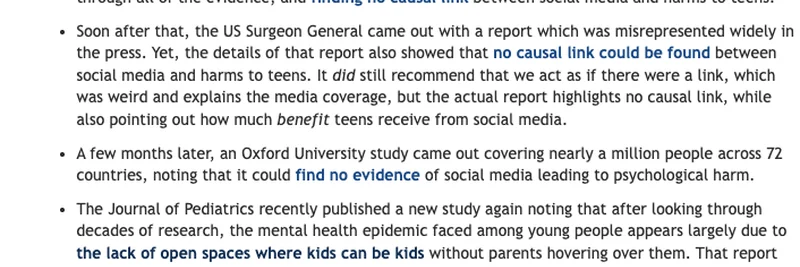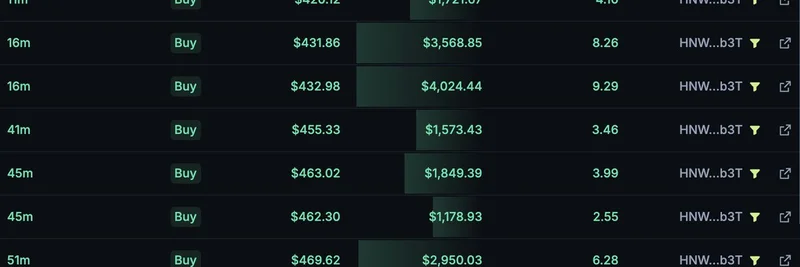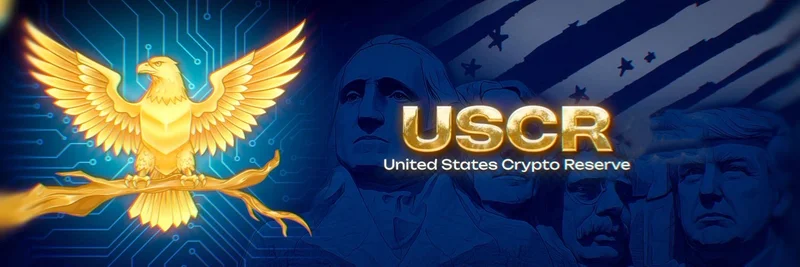In the fast-paced world of crypto and blockchain, where meme tokens thrive on viral trends and online buzz, it's easy to get caught up in the latest scares. Recently, Haseeb Qureshi, managing partner at Dragonfly Capital—a prominent crypto VC firm—shared a thought-provoking post on X (formerly Twitter) that's sparking conversations across the community. He's pushing back against the growing narrative around "AI-induced psychosis," comparing it to past panics over social media and video games. As someone who's seen the highs and lows of tech hype in crypto, this resonates deeply with how meme tokens spread and evolve.
Haseeb's post highlights a key point: when billions of people use a technology like AI, you're bound to see correlations with mental health issues simply because of the sheer scale. He argues that anecdotes—like stories of people spiraling after interacting with AI chatbots—aren't enough to prove causation. Instead, we need solid causal studies that account for base rates, or the normal occurrence of these issues without the tech in question.
To illustrate, he points to the "social media harms teens" debate, noting that most studies claiming damage don't replicate. This is crucial for meme token enthusiasts because social platforms are the lifeblood of meme culture. Think about how Dogecoin or Shiba Inu exploded through tweets, Reddit threads, and TikTok videos. If social media was inherently toxic, wouldn't we see clearer evidence by now?
He attached a compelling summary of recent studies that back this up, showing a pattern of research failing to find causal links between social media and widespread harm to adolescents.
The image pulls from an article by Mike Masnick, listing major studies from organizations like the Pew Research Center, the American Psychological Association, and the National Academies of Sciences. Key takeaways include:
- Pew's study found social media more helpful than harmful for most teens.
- The APA noted no causal link between social media and harms, despite initial concerns.
- An Oxford study across 72 countries found no evidence of psychological harm from social media.
- The Journal of Pediatrics highlighted a lack of open spaces for kids, not social media, as a bigger issue.
- Multiple Oxford reviews showed no impact on brain development or overall health.
The big one? A massive review by the National Academies concluded there's no support for the idea that social media causes population-level changes in adolescent health.
This ties directly into the crypto space, where AI is increasingly intertwined with meme tokens. Projects like AI-generated art for NFTs or chatbots pumping meme coins are everywhere. But fears of AI causing mass psychosis could stifle innovation, much like how social media bans or regulations might hurt viral marketing for tokens.
One reply from @0xfoobar adds an interesting layer: AI models are coherent, so they amplify voices that might otherwise stay fringe, making issues seem more prevalent. Haseeb responds that novelty makes it scary—compare "CIA talking through TV" (old news) to "ChatGPT confirms you're in the Matrix" (viral potential).
For blockchain practitioners, this is a reminder to question hype and fearmongering. Meme tokens succeed on community and memes, often born from social media absurdity. If we're quick to blame tech for societal ills without evidence, we risk overregulating the very tools that power our ecosystem.
As we build knowledge bases here at Meme Insider, let's focus on facts over feelings. Dive into these studies yourself—links to the originals can be found in resources like Techdirt's coverage—and think about how balanced views can help us navigate AI's role in crypto. What's your take? Share in the comments below, and stay tuned for more insights on emerging tech trends in the meme token world.




